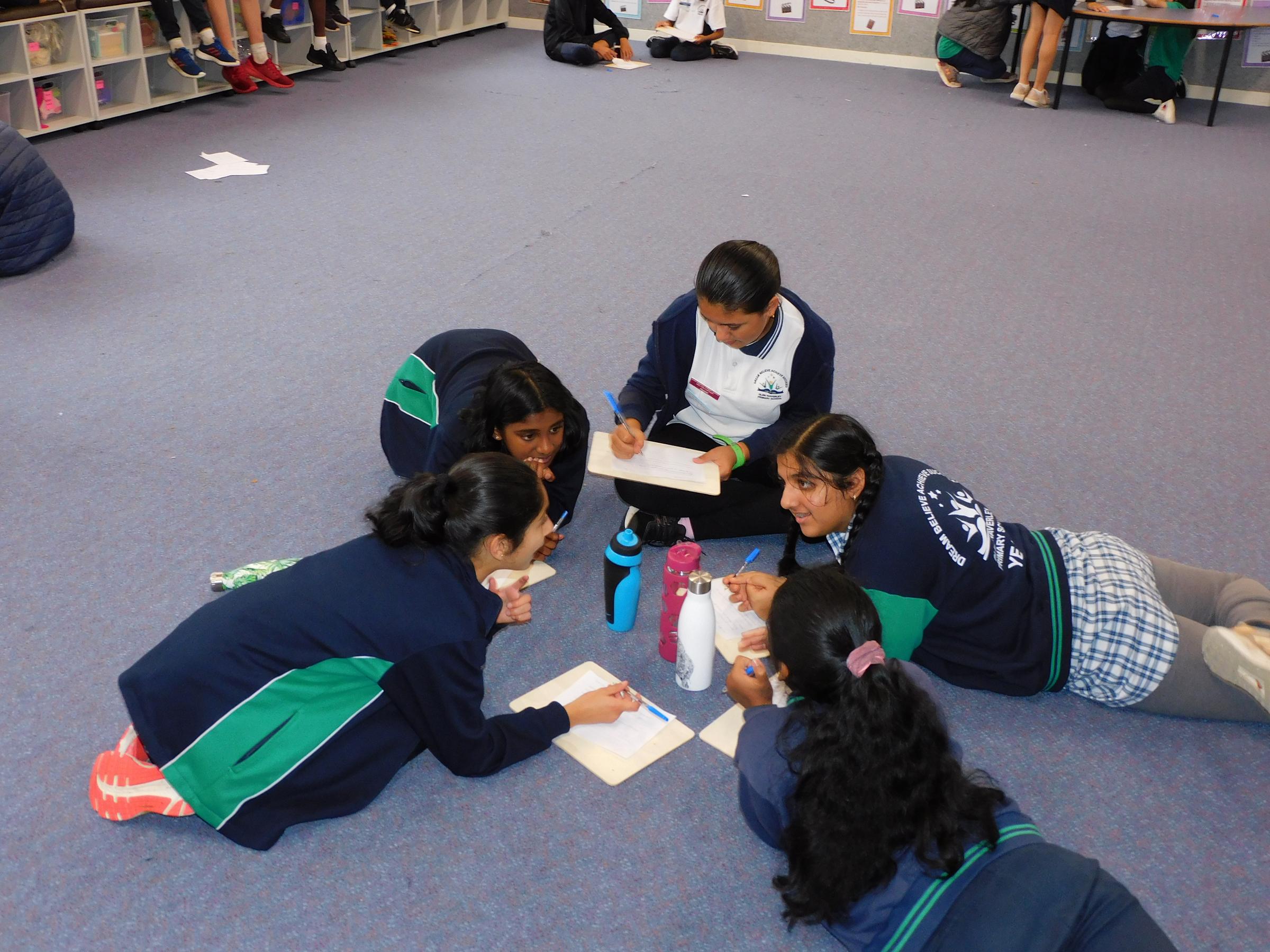Assistant Principal's Report
By Sue Coffey

Assistant Principal's Report
By Sue Coffey
In the last newsletter l wrote about Metacognition and the strategies we can learn to improve our metacognition. In the Victorian Curriculum, metacognition is part of the Critical and Creative Thinking Learning Domain.
There are three strands in this domain, Questions and Possibilities, Reasoning, and Meta-cognition. The following extract from the Victorian Curriculum explains the benefits.
Responding effectively to environmental, social and economic challenges requires young people to be creative, innovative, enterprising and adaptable, with the motivation, confidence and skills to use critical and creative thinking purposefully. Explicit attention to and application of thinking skills enables students to develop an increasingly sophisticated understanding of the processes they can employ whenever they encounter both the familiar and unfamiliar, to break ineffective habits and build on successful ones, building a capacity to manage their thinking.
Thinking that is productive, purposeful and intentional is at the centre of effective learning and the creation of new knowledge, with the progressive development of knowledge about thinking and the practice of using thinking strategies fostering students’ motivation for, and management of, their own learning.
Critical and creative thinking are strongly linked. Students require explicit support to develop the breadth and depth of their thinking and to take intellectual risks. This attention to thinking helps students to build self-awareness and their capacities for reflection. Developing critical and creative thinking capability is an essential element of developing successful, confident and innovative members of the community.
Aims
Critical and creative thinking capability aims to ensure that students develop:
You can support your child to become a creative and critical thinker at home by using some of the following strategies.
Through conversation you can help your child to become a critical thinker. Critical thinking is at the core of most intellectual activity that involves students learning to recognise or develop an argument, use evidence in support of that argument, draw reasoned conclusions, and use information to solve problems. Examples of critical thinking skills are interpreting, analysing, evaluating, explaining, sequencing, reasoning, comparing, questioning, inferring, hypothesising, appraising, testing and generalising.
In school we incorporate creative and critical thinking across all areas of the curriculum and with a specific link to STEAM Innovation (Science, Technology, Engineering, Art, Mathematics) and our Inquiry Program which encompasses Humanities, Science, Arts, Indigenous Studies and Global Citizenship.